Have you ever wondered why do cats chirp at birds? — Cat Behavior Consultant often hears this question from cat owners. Chirping is a high-pitched, repetitive sound that cats make when they see birds or small animals outside the window.
Why do cats chirp at birds? This behavior is linked to their hunting instincts. Cats chirp out of excitement or frustration when they can’t reach their prey. Some experts believe the sound mimics bird calls, potentially helping cats lure birds closer. Essentially, chirping is a natural behavior that highlights a cat’s predatory nature and a keen interest in the outside world.
What is a Cat Chirping?
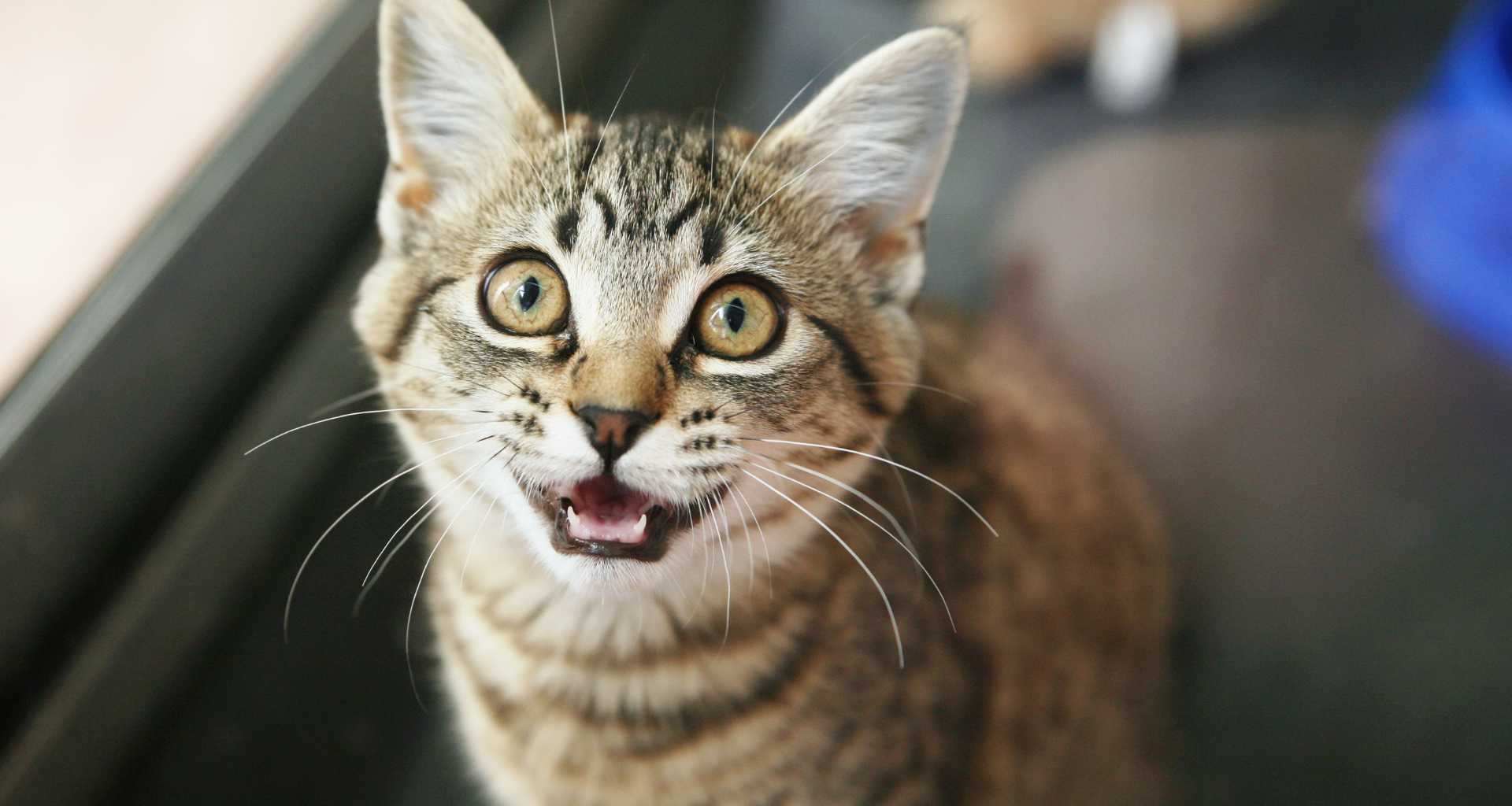
Cat chirping is a unique, high-pitched, and repetitive sound that cats make, different from their typical meows or purrs. This behavior often occurs when a cat is focused on a bird or small animal outside. The rapid and excited nature of the sound reflects the cat’s heightened alertness and interest.
Examples Of When Cats Chirp
Chirping is deeply rooted in a cat’s natural hunting instincts. When chirping at birds, cats might be mimicking bird calls to lure them closer or expressing frustration at not being able to reach their prey. This behavior is a fascinating insight into the predatory nature of cats and their connection to their wild ancestors.
The Hunting Instinct
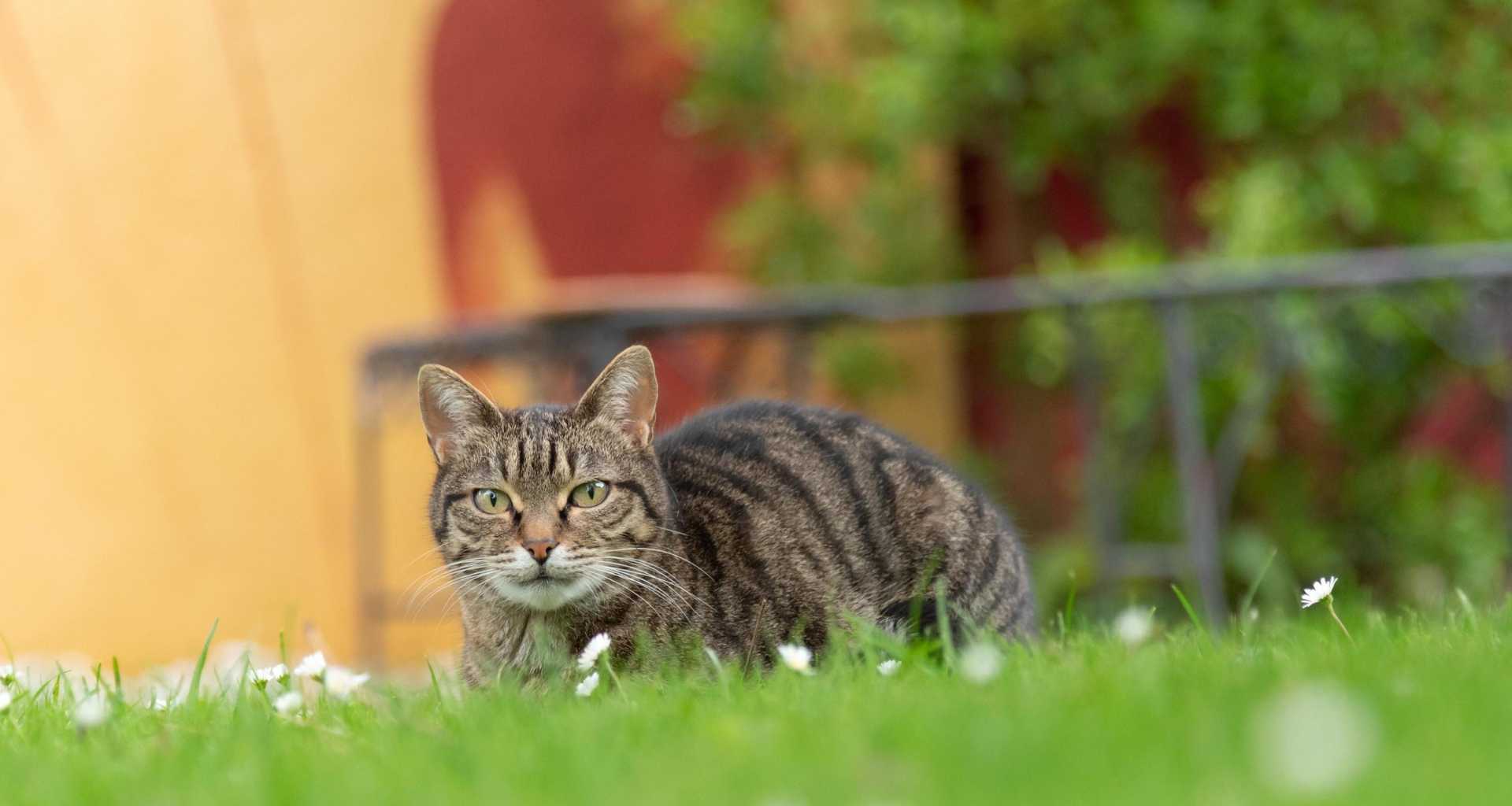
Chirping is related to a cat’s hunting behavior and is a direct expression of their predatory instincts. When a cat sees a bird or small animal, the chirping sound is a reaction to the excitement of spotting potential prey. This sound is often accompanied by intense focus and sometimes even a slight twitching of the jaw.
Comparison With Other Predatory Sounds
Cats have an innate drive to hunt, and chirping is a part of this natural behavior. Even indoor cats, who never have the opportunity to hunt, will display this instinct when they see birds through a window. The chirping behavior is believed to be a way for cats to express their hunting excitement and frustration at not being able to pounce on their prey.
In essence, chirping at birds is a manifestation of a cat’s deep-seated hunting instinct. This behavior highlights the complex and instinctive nature of cats, connecting them to their wild ancestry. Understanding this can help pet owners appreciate their cats’ natural behaviors and provide appropriate stimulation for their predatory instincts.
Why Do Cats Chirp at Birds Specifically?
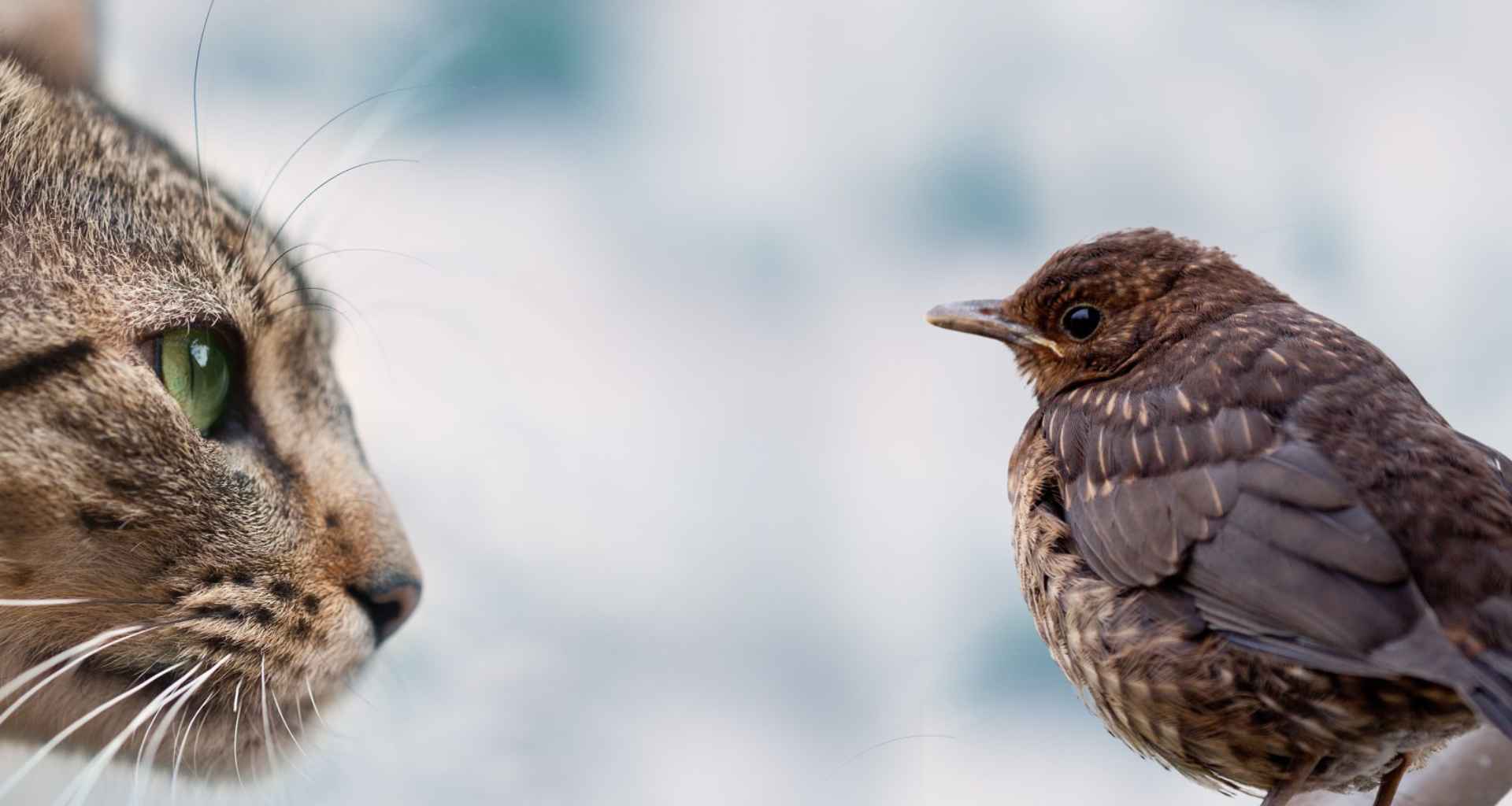
Cats often chirp at birds because birds are natural prey, and this behavior showcases their predatory instincts. Chirping can also be triggered by other small animals that catch a cat’s attention.
The Connection Between Birds and Cat Chirping
- Chirping at birds is a common behavior due to birds being natural prey for cats.
- The chirping sound is often triggered by the sight of birds, sparking a cat’s hunting instinct.
- Birds are frequently seen outside windows, making them a primary target for indoor cats to chirp at.
Other Animals That Might Trigger Chirping
- Cats may also chirp at squirrels, insects, or other small animals that catch their attention.
- Any fast-moving, small creature can prompt a chirping response from a cat.
- The behavior is less common with larger animals or objects that do not resemble prey.
The Science Behind Chirping
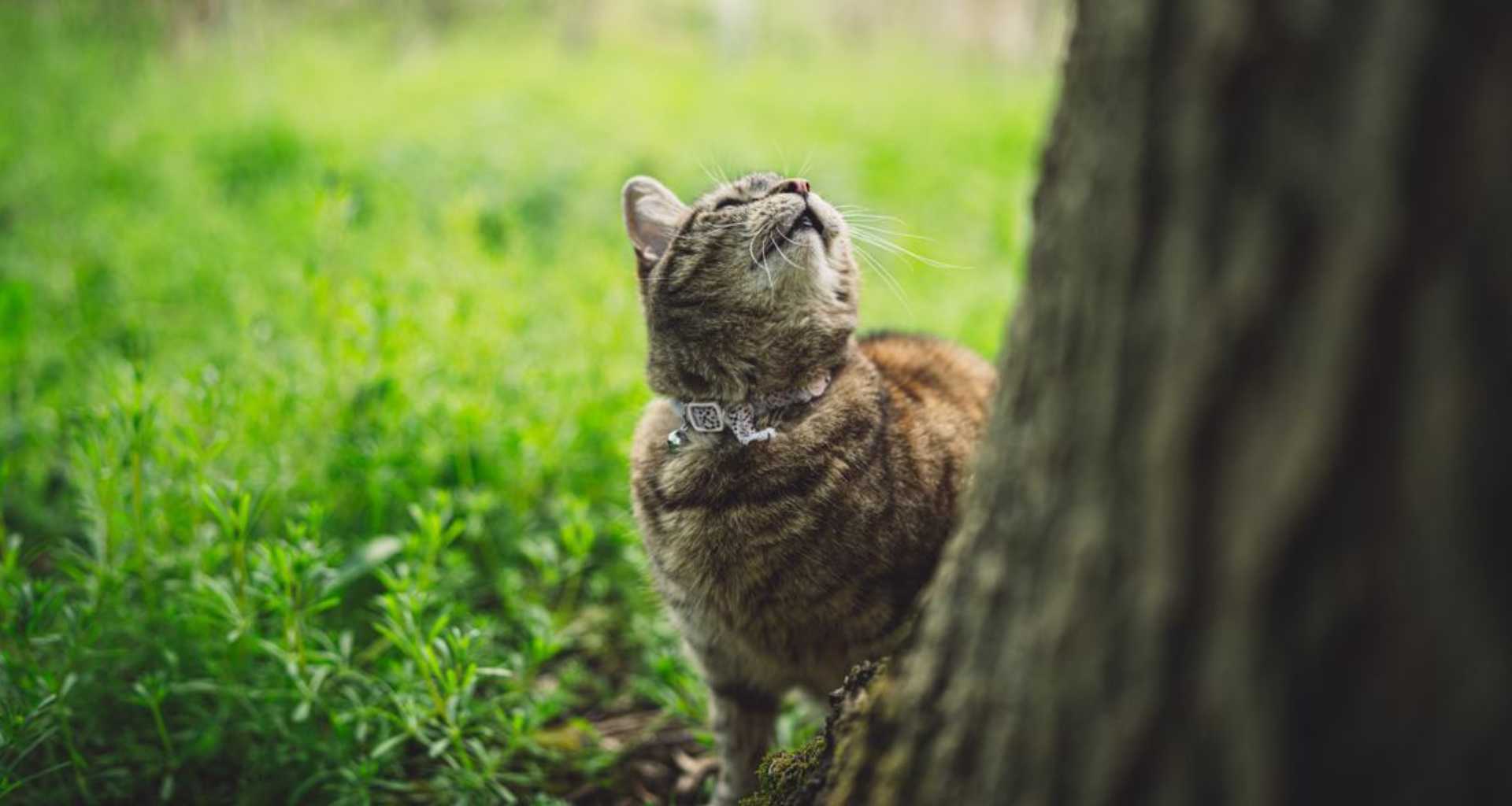
The science behind chirping links this behavior to a cat’s physiology and instincts. When a cat chirps, its brain signals the vocal cords and jaw muscles, creating a unique chirping sound. This sound is believed to mimic bird calls, possibly to lure prey closer.
The Role of A Cat’s Vocal Cords in Producing The Sound
The chirping response is also tied to a cat’s heightened alertness. When a cat sees a bird, its eyes focus intensely, and its body may twitch, showing readiness to pounce. This combination of sound and physical behavior highlights the cat’s predatory instincts.
Chirping and Cat Communication
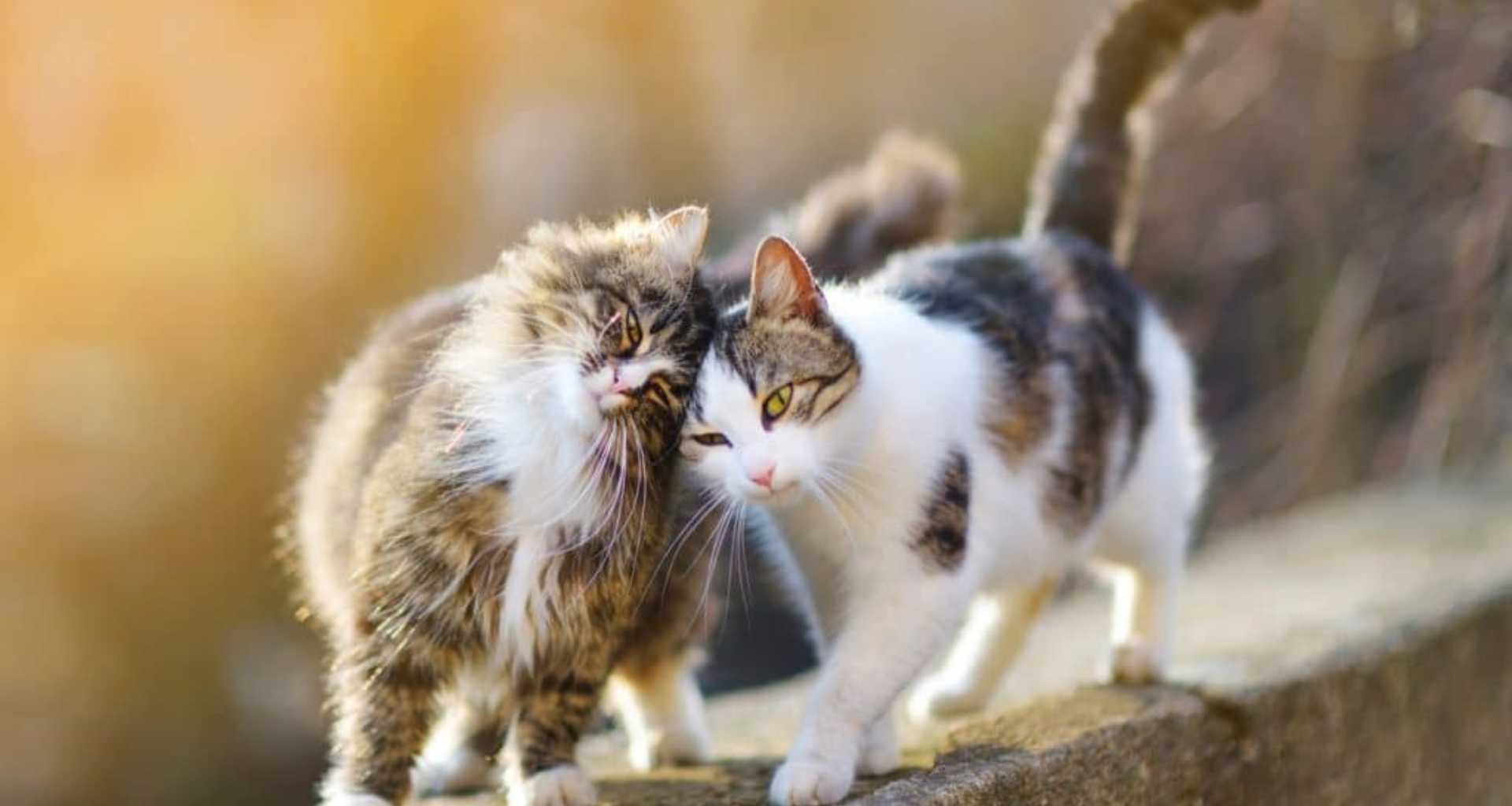
When exploring why do cats chirp at birds? — Cat Behavior Consultant insights reveal that chirping is an integral part of feline communication. This behavior is more than just a reaction to prey; it’s a way for cats to express themselves.
Can Chirping Be a Sign of Stress or Frustration?
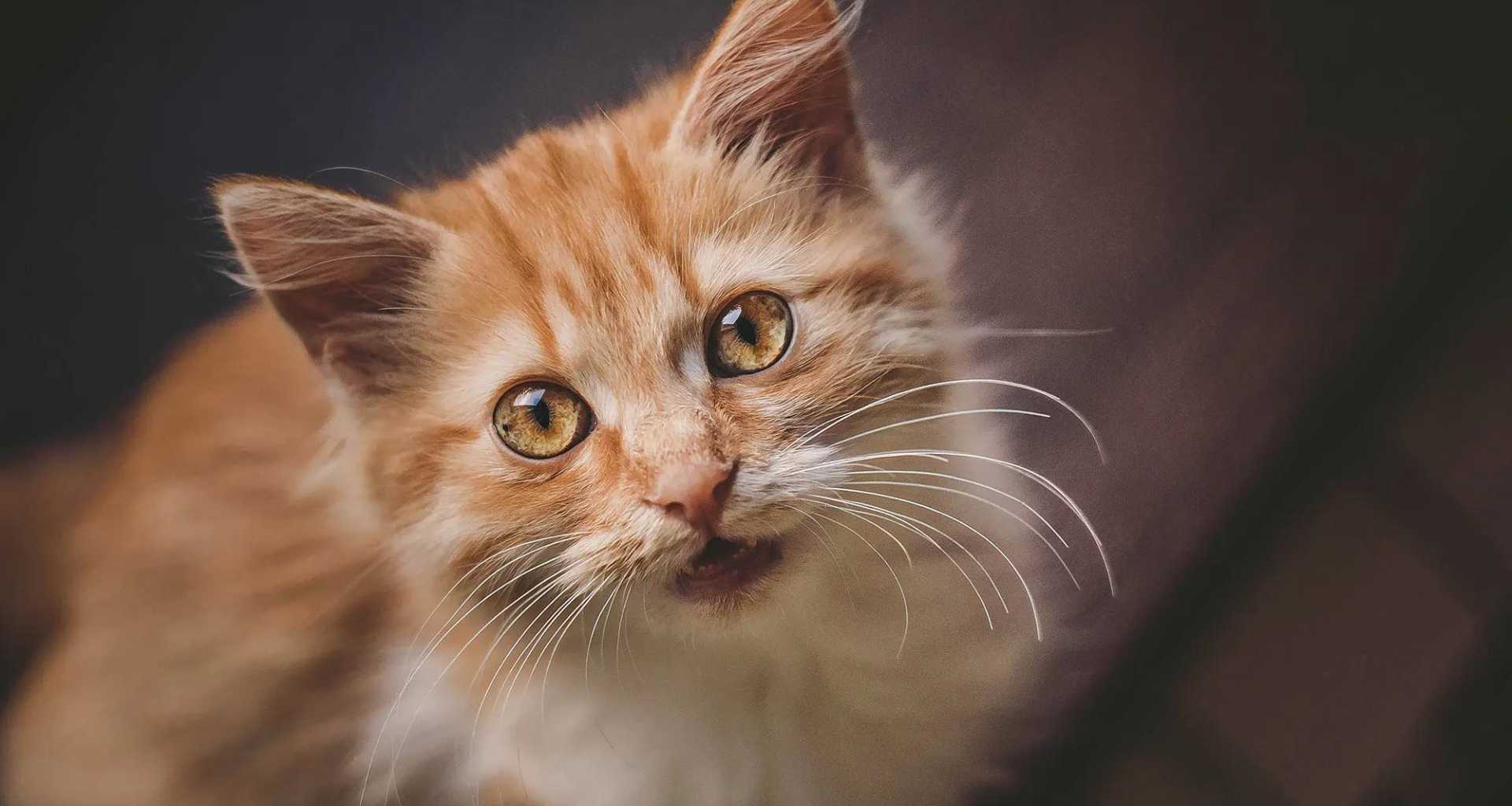
Can chirping be a sign of stress or frustration? While chirping often indicates excitement, it can also signal stress or frustration. Understanding why do cats chirp at birds? — Cat Behavior Consultant insights can help differentiate these behaviors.
When Chirping Indicates Excitement vs. Frustration
Cats typically chirp out of excitement when they spot birds or small animals, driven by their hunting instincts. However, continuous chirping without interaction can indicate frustration, especially for indoor cats watching birds outside the window.
How to Tell if Your Cat is Stressed
Look for signs like flattened ears, twitching tail, or tense posture accompanying chirping. If chirping is paired with excessive meowing or growling, it might signal stress. Additionally, changes in appetite, grooming habits, or litter box usage along with chirping can indicate underlying stress.
How to Encourage or Discourage Chirping
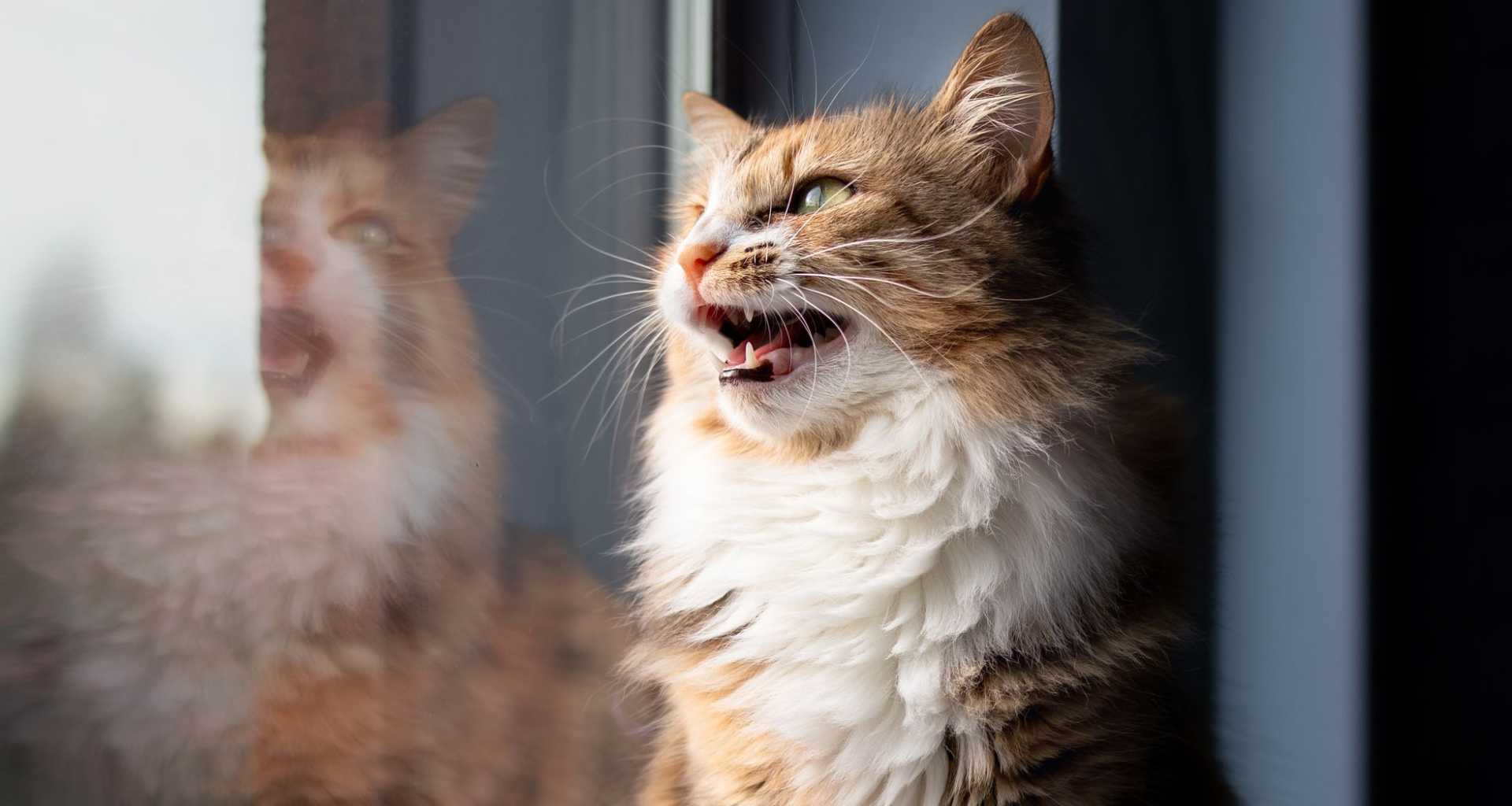
How to encourage or discourage chirping is key to managing your cat’s behavior. To safely stimulate your cat’s instincts, use interactive toys like feather wands or laser pointers to engage their hunting drive. Provide window perches for safe bird-watching to reduce frustration.
If chirping is excessive, temporarily block your cat’s view of the birds to calm them. Redirect their attention with toys or treats when they start chirping excessively. Enhance their environment with puzzle feeders, climbing structures, and regular play to reduce boredom.
Conclusion
Understanding why do cats chirp at birds? — Cat Behavior Consultant insights reveal that this behavior is rooted in a cat’s natural hunting instincts and communication methods. Chirping is an expression of excitement and frustration when cats see potential prey, showcasing their predatory nature and acute senses. Recognizing the context of this behavior helps pet owners better understand and appreciate their feline companions.
FAQ
Q1. Is chirping a sign of stress in cats?
Ans: Chirping can indicate both excitement and stress. If a cat is continuously chirping without any interaction, it might be a sign of frustration. Look for other stress indicators like flattened ears or a twitching tail.
Q2. How can I reduce my cat’s excessive chirping?
Ans: To reduce excessive chirping, try blocking the view of birds temporarily, redirecting your cat’s attention with toys or treats, and providing a stimulating environment with various toys and activities.
Q3. Is chirping common in all cats?
Ans: While many cats chirp, it is not universal. Some cats may never chirp, while others do it frequently. Chirping behavior varies based on individual personality and hunting instincts.